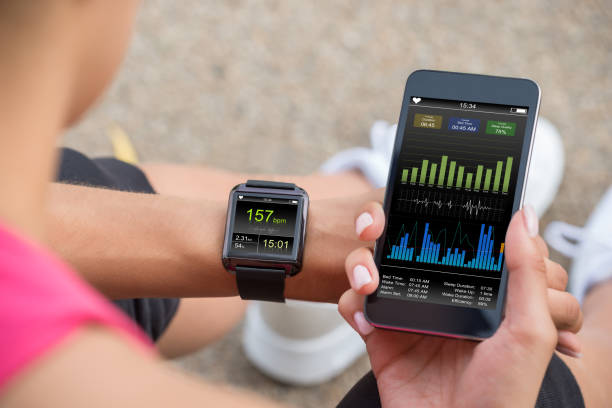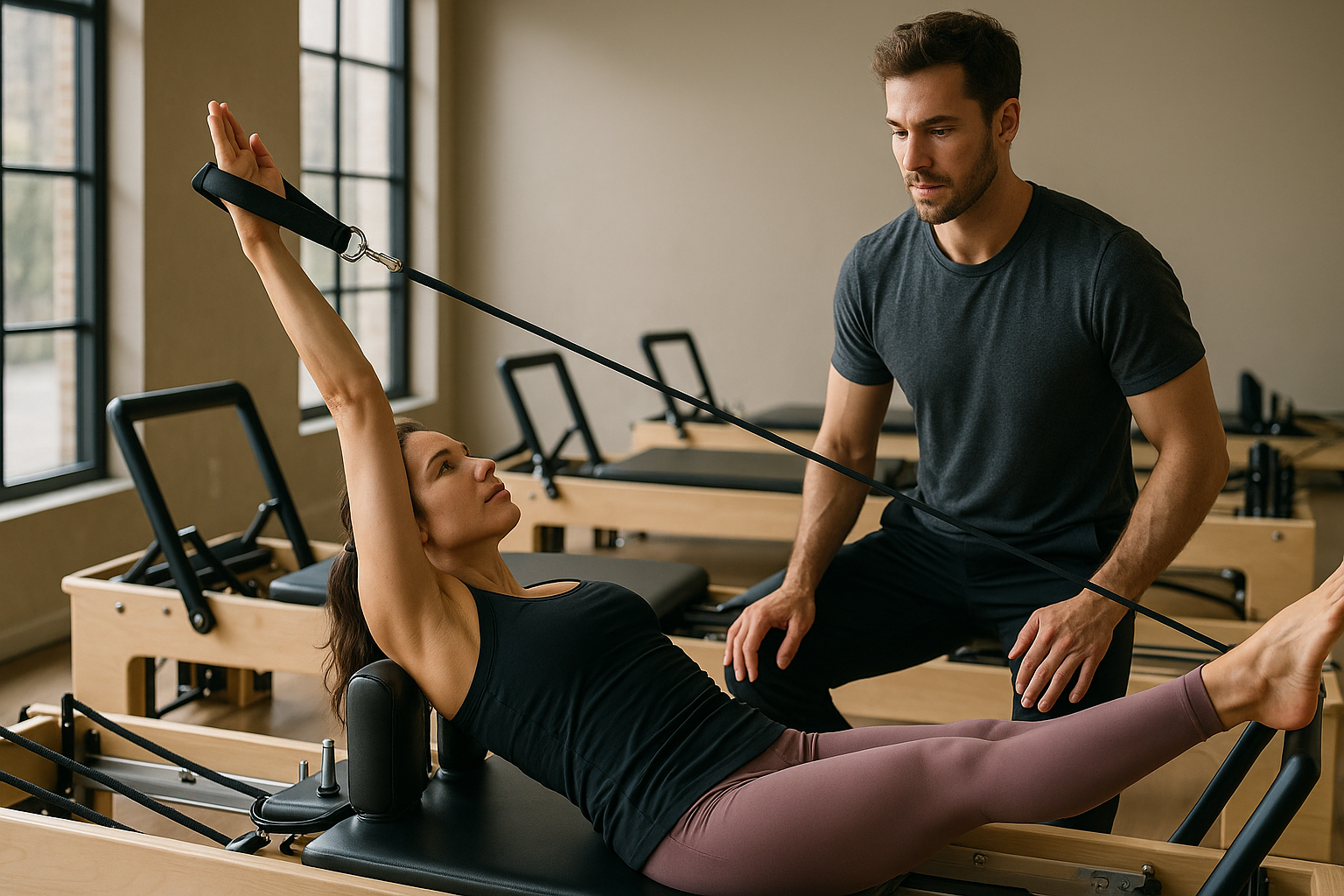The Rise of Fitness Apps: Revolutionizing Workouts on Your Smartphone
Fitness apps have transformed the way people approach exercise and wellness, bringing professional guidance and motivation to the palm of your hand. These smartphone applications offer a wide range of workout options, from yoga and strength training to cardio and meditation, making it easier than ever to maintain a healthy lifestyle. As technology continues to advance, fitness apps are becoming increasingly sophisticated, offering personalized workout plans, progress tracking, and even integration with wearable devices.

What types of workouts can you find in fitness apps?
The range of workouts available in fitness apps is vast and diverse. Users can find everything from high-intensity interval training (HIIT) and strength training to yoga, Pilates, and dance-based workouts. Many apps also offer specialized programs for runners, cyclists, and swimmers. Some popular fitness apps focus on bodyweight exercises that can be done anywhere, while others provide equipment-based workouts for those with access to a gym or home fitness equipment. This variety ensures that users can find exercises that suit their preferences, fitness level, and available resources.
How do fitness apps use smartphone technology to enhance exercise?
Smartphone technology plays a crucial role in the functionality of fitness apps. Many apps utilize the device’s accelerometer and GPS to track movement, count steps, and measure distance for activities like running or cycling. Camera technology enables apps to offer features like pose estimation for yoga or form correction in strength training exercises. Additionally, smartphones’ audio capabilities allow for guided workouts and motivational coaching during exercise sessions. Some advanced apps even use augmented reality to create immersive workout experiences or virtual training environments.
Can fitness apps replace traditional gym memberships?
While fitness apps offer many benefits, whether they can fully replace traditional gym memberships depends on individual preferences and fitness goals. Apps provide convenience, affordability, and flexibility, allowing users to work out anytime and anywhere. They’re particularly useful for those with busy schedules or limited access to gym facilities. However, traditional gyms offer equipment variety, in-person instruction, and a social atmosphere that some people find motivating. Many fitness enthusiasts find a balance by using apps to supplement their gym routines or as an alternative when they can’t make it to the gym.
What features should you look for in a fitness app?
When choosing a fitness app, several key features can enhance your exercise experience:
-
Customizable workout plans
-
Video demonstrations and audio guidance
-
Progress tracking and performance analytics
-
Integration with wearable devices
-
Community support or social features
-
Nutrition tracking or meal planning
-
Goal-setting tools
-
Variety of workout types and difficulty levels
Look for apps that align with your specific fitness goals and offer a user-friendly interface. Some apps focus on specific types of exercise, while others provide a more comprehensive approach to overall fitness and wellness.
How do popular fitness apps compare in features and pricing?
| App Name | Key Features | Monthly Cost |
|---|---|---|
| MyFitnessPal | Calorie counting, nutrition tracking, workout logging | $9.99 |
| Strava | GPS tracking for running/cycling, social features | $7.99 |
| Nike Training Club | Diverse workout library, personalized plans | Free |
| Fitbod | Strength training focus, adaptive workouts | $12.99 |
| Peloton | Live and on-demand classes, equipment integration | $12.99 |
Prices, rates, or cost estimates mentioned in this article are based on the latest available information but may change over time. Independent research is advised before making financial decisions.
The fitness app market offers a range of options to suit different needs and budgets. While some apps like Nike Training Club offer robust features for free, others like Peloton provide premium content and integration with specific equipment for a monthly fee. When choosing an app, consider the features that align with your fitness goals and the value they provide compared to traditional gym memberships or personal training sessions.
In conclusion, fitness apps have revolutionized the way people approach exercise, offering convenient, personalized, and effective workout solutions. By leveraging smartphone technology, these apps provide users with expert guidance, motivation, and tracking tools to support their fitness journeys. Whether used as a standalone workout solution or in combination with traditional fitness methods, these apps have become powerful tools in the quest for better health and wellness.






